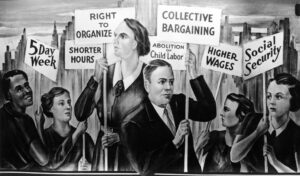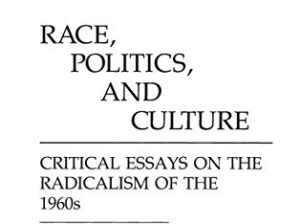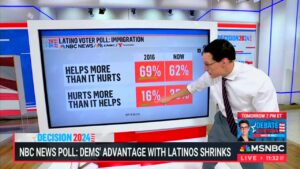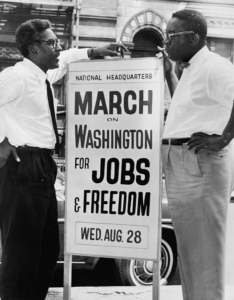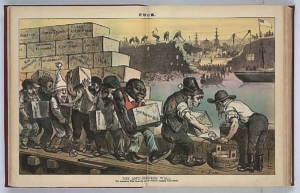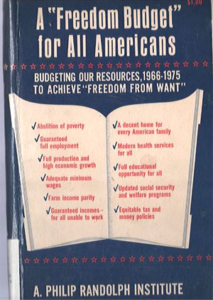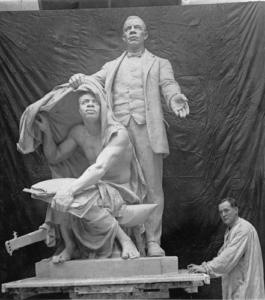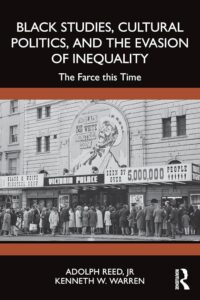
Black Studies, Cultural Politics, and the Evasion of Inequality: The Farce this Time
Best takes great pains to describe race as many things: “inheritance,” “legacy,” “lineage,” “affinity,” “subjectivity.” But he avoids the painful truth that race is ideology and that, more particularly, it is the ideology of those who champion such notions as “the black radical tradition” or the “racial wealth gap,” which is to say, those for whom the inadequacy of class analysis for understanding inequality must be stipulated as a point of departure inquiry. What we mean by ideology is not something like “false consciousness” but rather the mechanism that harmonizes the principles you want to believe you hold with what advances your material interest.

